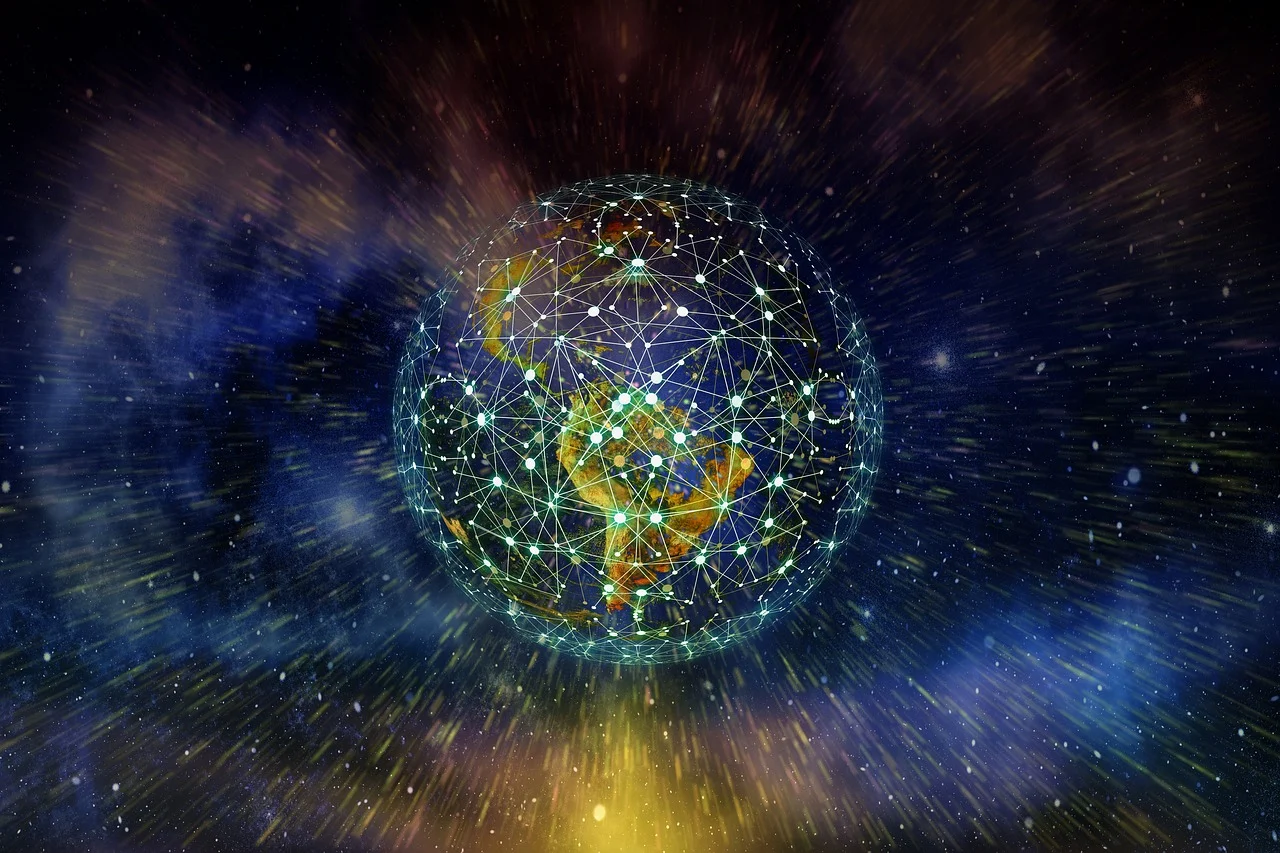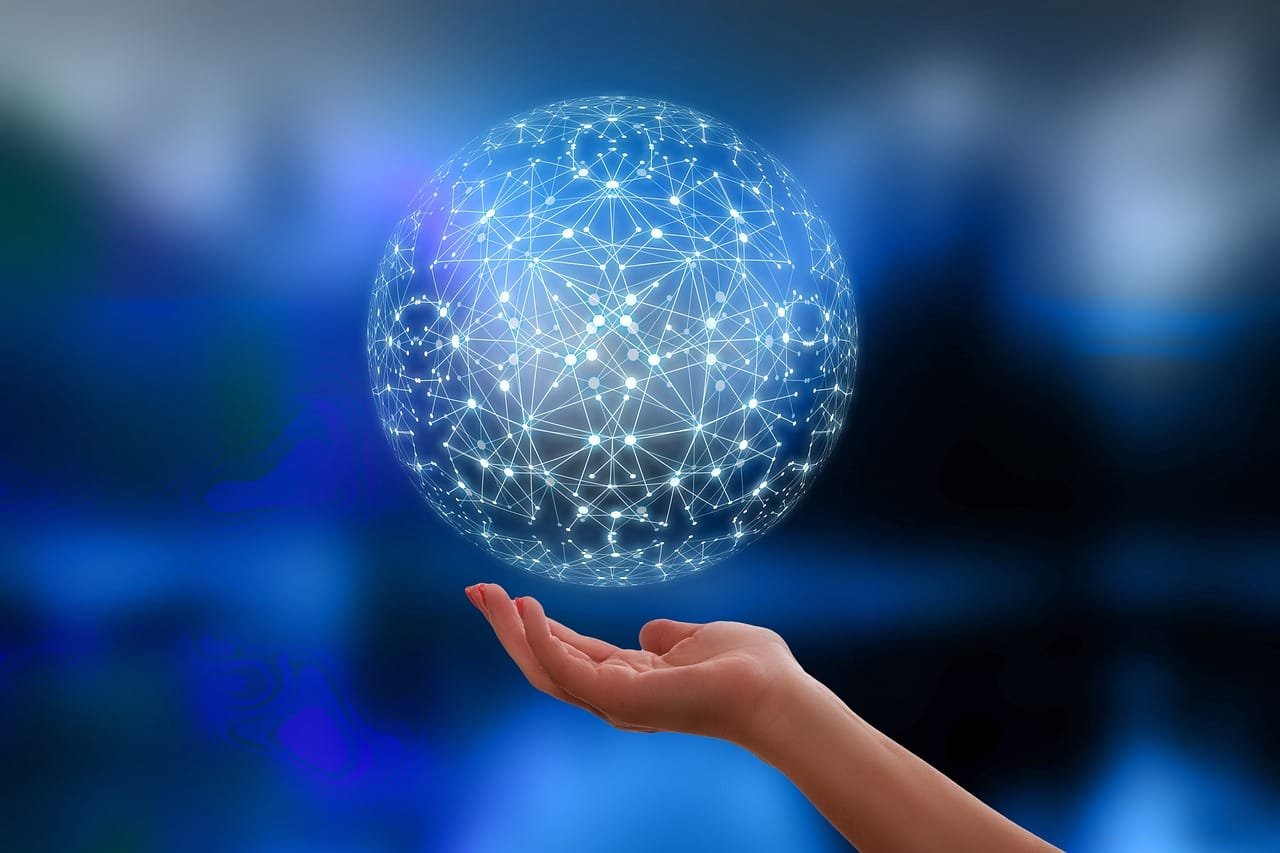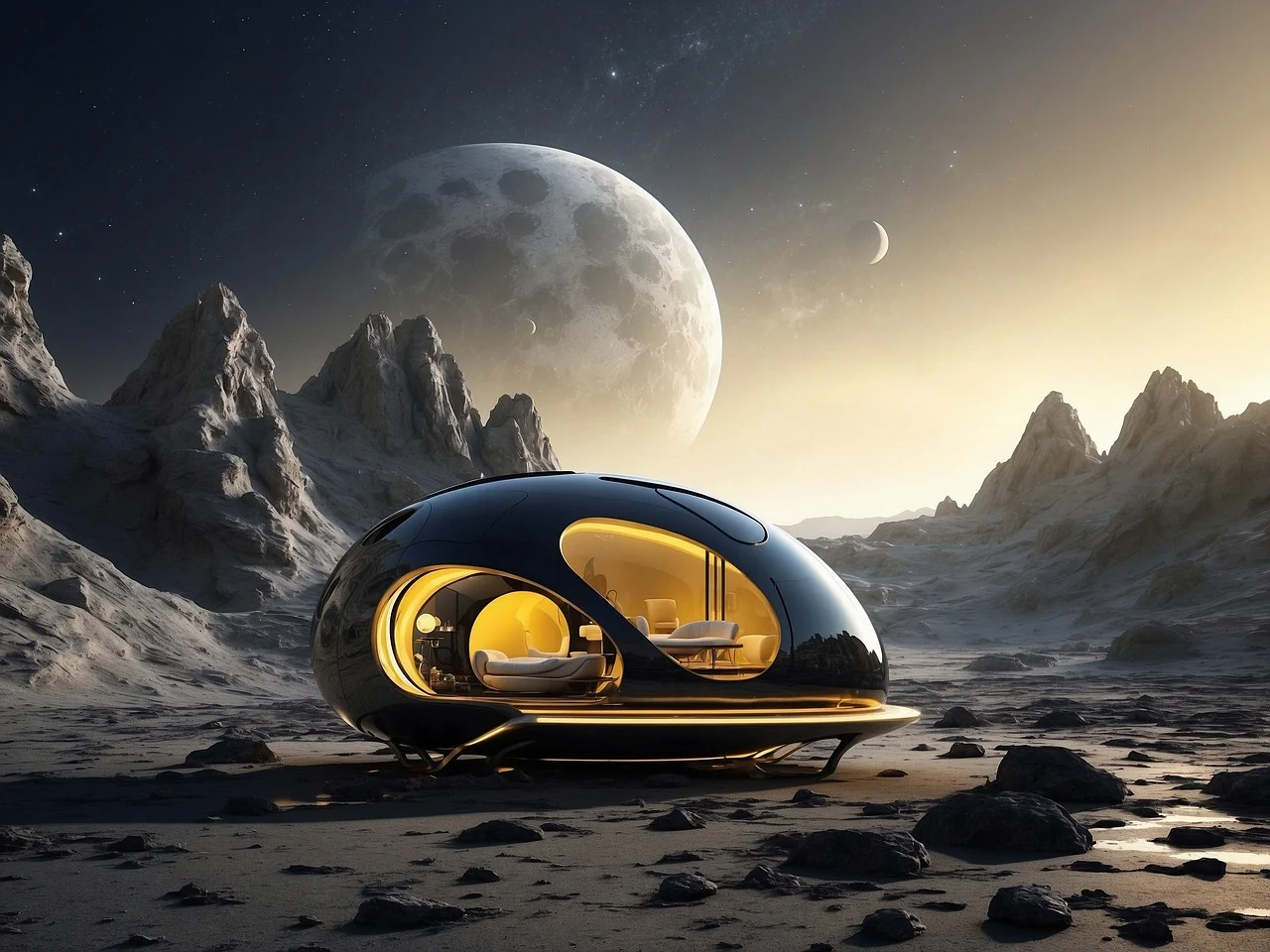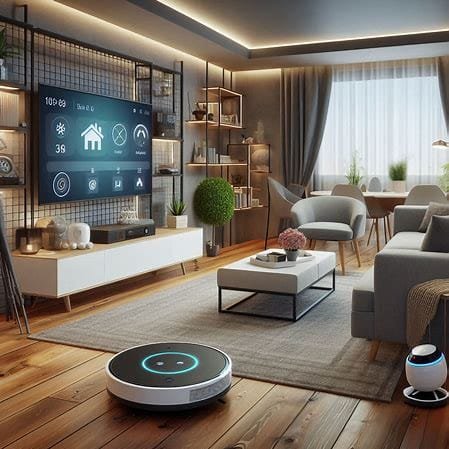The Effect of Technology on the Modern World and How will be the technology to the following future from 2024
The Effect of Technology on the Modern World
Table of Contents
In the contemporary landscape, technology stands as one of the most transformative forces shaping our society. Its impact is pervasive, influencing nearly every aspect of our daily lives, from how we communicate and work to how we learn and entertain ourselves. This article explores the multifaceted effects of technology on the modern world, highlighting both its benefits and challenges.

1. Communication RevolutionOne of the most significant effects of technology is the revolution in communication. The advent of the internet and mobile devices has transformed how people connect. Social media platforms like Facebook, Twitter, and Instagram enable instantaneous communication, allowing individuals to share experiences and information globally. This connectivity fosters a sense of community beyond geographical boundaries, enabling movements like #MeToo and Black Lives Matter to gain momentum and visibility.However, this shift also presents challenges. The rise of digital communication has led to concerns about privacy, misinformation, and the decline of face-to-face interactions. The phenomenon of “social media fatigue” has emerged, with many individuals feeling overwhelmed by the constant barrage of information.
2. Economic TransformationTechnology has fundamentally altered the global economy. The rise of e-commerce platforms such as Amazon and Alibaba has revolutionized retail, allowing consumers to shop from the comfort of their homes. Automation and artificial intelligence (AI) have transformed industries, leading to increased efficiency and productivity. Companies can analyze vast amounts of data to make informed decisions, optimize operations, and create personalized experiences for consumers.Nonetheless, these advancements come with drawbacks. The shift towards automation raises concerns about job displacement. As machines and algorithms take over tasks traditionally performed by humans, there is a growing need for reskilling and upskilling the workforce to adapt to new roles in a technology-driven economy.
3. Education and LearningTechnology has also reshaped the landscape of education. Online learning platforms, such as Coursera and Khan Academy, provide access to a wealth of knowledge for learners worldwide. Virtual classrooms enable students to connect with educators and peers regardless of their location, fostering an inclusive learning environment.However, the digital divide remains a significant challenge. Not all students have equal access to technology and the internet, creating disparities in educational opportunities. Furthermore, the effectiveness of online learning can vary, with some students thriving in this environment while others struggle without the structure of traditional classrooms.
4. Health and MedicineIn the field of healthcare, technology has led to groundbreaking advancements. Telemedicine has become increasingly popular, allowing patients to consult with healthcare professionals remotely. Wearable devices and health apps empower individuals to monitor their health and well-being actively.Despite these benefits, challenges persist. Data privacy concerns arise as personal health information is shared digitally. Additionally, the reliance on technology in healthcare can lead to a depersonalization of care, where human interaction is diminished in favor of virtual consultations.
5. Environmental ImpactTechnology plays a dual role in environmental issues. On one hand, it has contributed to environmental degradation through increased consumption and waste. The production of electronic devices and the energy consumption of data centers raise concerns about sustainability.On the other hand, technology also offers solutions to environmental challenges. Innovations in renewable energy, such as solar and wind power, provide alternatives to fossil fuels. Smart technologies can enhance energy efficiency in homes and cities, contributing to a more sustainable future.

Conclusion of the modern technology
In conclusion, the effect of technology on the modern world is profound and complex. While it brings numerous benefits, including improved communication, economic transformation, enhanced education, and advancements in healthcare, it also presents challenges that require careful consideration. As society continues to navigate this technological landscape, it is essential to strike a balance that maximizes the benefits while addressing the potential drawbacks. The future will depend on our ability to harness technology responsibly and inclusively, ensuring that it serves as a tool for progress rather than a source of division.
How will look the technology to the following future
When asking about how technology will be in the future, it largely depends on which aspect or field you’re referring to, as different areas of technology will advance at varying paces. However, here’s an overview of some key technological trends and how they may evolve in the coming years:
1. Artificial Intelligence (AI) and Machine Learning: AI will continue to revolutionize industries. We can expect:
– General AI: Progress toward more human-like AI capable of performing a broader range of tasks with greater understanding and decision-making.
– Automation: More jobs and tasks being automated, not only in manufacturing but in areas like customer service, data analysis, and even medical diagnostics.
– Personalized Experiences: AI will enable more personalized experiences in everything from shopping and entertainment to healthcare and education.

2. Quantum Computing: Quantum computers, though still in their infancy, hold the promise of solving complex problems beyond the capabilities of today’s classical computers. In the future:
– Problem Solving: Quantum computing could tackle problems in fields like cryptography, drug discovery, and climate modeling.
-New Algorithms: Algorithms optimized for quantum systems could outperform traditional ones, particularly in optimization, logistics, and AI.
3. Extended Reality (XR) – VR, AR, and MR
– Virtual Reality (VR) and Augmented Reality (AR) will blend into Mixed Reality (MR), offering immersive environments for entertainment, learning, and work.
– Education and Training: More institutions and corporations will adopt XR for education and employee training, providing realistic simulations and scenarios.
– Metaverse Expansion: The concept of the metaverse, a collective virtual space where people interact with each other and digital objects, will expand, incorporating XR technologies for social interaction, commerce, and entertainment.

4. 5G and Beyond (6G)
– Global Connectivity: 5G will offer higher speeds and lower latency, enabling innovations like real-time data sharing, autonomous vehicles, and smart cities.
-6G: By 2030, 6G might be on the horizon, delivering speeds up to 100 times faster than 5G, further enabling advanced applications like holographic communication and ultra-responsive AI systems.
5. Internet of Things (IoT) and Smart Infrastructure
– Smarter Cities and Homes: More connected devices will form smart networks that can manage energy, water, and waste systems more efficiently.
– Healthcare: Wearable devices will evolve, giving real-time health data to both individuals and doctors, while IoT-based medical devices will monitor and even administer treatments.
– Autonomous Systems: From self-driving cars to smart factories, machines will be able to operate with minimal human intervention, optimizing efficiency.
6. Biotechnology and Genetic Engineering:
– CRISPR and Gene Editing: CRISPR technology will continue to advance, possibly allowing humans to edit out genetic diseases and enhance other traits.
– Synthetic Biology: This will enable the creation of new biological systems and organisms, leading to advances in agriculture, medicine, and energy production.
7. Sustainable Technology and Green Energy
– Renewable Energy: Solar, wind, and other renewable energy sources will become even more efficient and widespread, eventually overtaking fossil fuels.
– Energy Storage:Advances in battery technology, such as solid-state batteries, will allow for better energy storage, making renewable energy more reliable.
– Carbon Capture and Circular Economy: Innovations in carbon capture technology and recycling will help mitigate climate change, driving industries toward a more sustainable, circular economy.
8. Blockchain and Decentralized Systems
– Finance and Beyond: Blockchain will expand beyond cryptocurrency into areas such as supply chain management, digital identities, and secure voting systems.
– Web 3.0: The next iteration of the internet, focused on decentralization, could transform how data is owned and shared, allowing users to control their own digital footprints more effectively.

9. Biometric Security and Privacy
– Enhanced Security: As passwords become outdated, biometric data such as facial recognition, voice identification, and even DNA markers may be used for secure access.
– Privacy Challenges: The widespread use of biometric data could also lead to new privacy concerns, requiring advanced regulations and systems to protect users’ information.
10. Space Exploration
– Human Settlement: Plans for Mars missions and lunar bases will progress, potentially leading to human settlements beyond Earth.
– Commercial Space Flights: Companies like SpaceX, Blue Origin, and others will make space travel more accessible for civilians, and space tourism could become a reality.
– Resource Mining: There’s also the possibility of mining asteroids or the moon for resources, fueling further space exploration and industrialization.

Conclusion of the future technology
The future of technology is likely to be transformative, reshaping how we live, work, and interact. While many of these technologies will bring tremendous benefits, they will also pose new ethical, social, and regulatory challenges that we’ll need to address. The key to the future will be harnessing these advancements for the good of society while managing the potential risks.
some important products you will interest
- Ultra Open Earbuds – Enhanced Comfort Clip-On Wireless
- TOZO OpenEgo True Wireless Open Ear Headphone
- 3. Ultra Open Earbuds – Enhanced Comfort Clip-On Wireless
Follow for more information about these at cabdow.com


